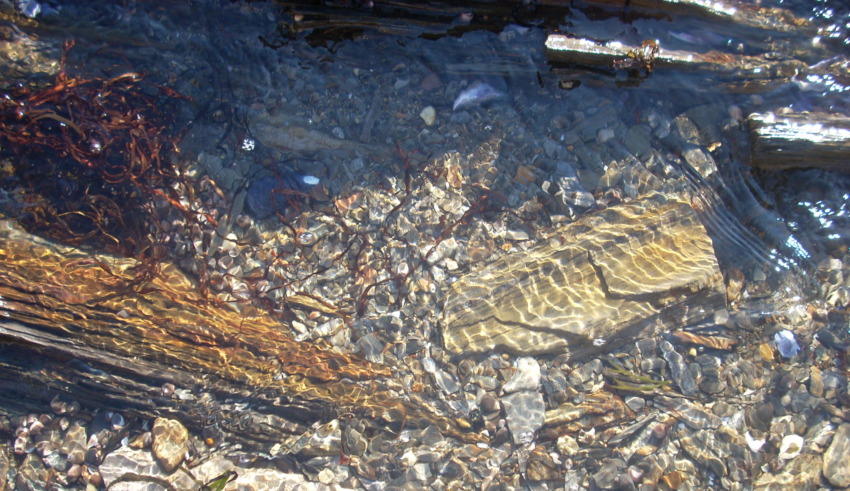
George: [long pause] He says it feels okay.
Steve: It feels okay. [pause] So maybe you could ask this part, “What do you want me to understand about how it is for you?”
Comment: This hurt part has been reactivated. Now we have an opportunity to create another mismatch by allowing this part to feel seen, understood, and loved for exactly as it is.
George: [long pause] He’s confused. He’s telling me he’s confused. He’s telling me he doesn’t know what to do.
Steve: Okay.
George: Should he get up and try playing sports, even though he doesn’t really want to, and he didn’t really like it? But it’ll help him fit in? Or should he go play with the girls, but then maybe he’ll be made fun of, and he doesn’t really fit in there either. So he’s confused. He doesn’t know what to do.
Steve: Confused, yeah. What if you mirror that back? Maybe you could say something like, “I really understand how confused you feel.”
George: [pause] Yeah.
Steve: How does he respond to you when you say that?
George: He’s just kind of nodding his head.
Comment: I’m taking this to mean that the part feels that its confusion is seen and understood.
Steve: Okay. Yeah. Maybe you could ask once more? “What else do you want me to understand about how it is for you?”
George: [long pause] That it’s sad, that it’s lonely that it’s confusing.
Steve: So again, mirroring that back “I really get how sad and lonely and confusing it is for you.” [pause] How does he respond when you mirror that?
George: He’s still sitting there on the bench kind of squirming not really knowing what to do.
Steve: Okay. What if you asked him, “If you didn’t need to be the one that was sad and confused and lonely, who would you rather be? What would you rather do? It’s totally up to you.”
George: [long pause] What I hear him say is like, “I just want to go play.”
Download Article













